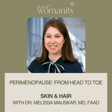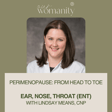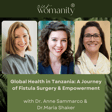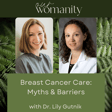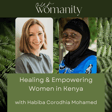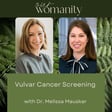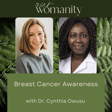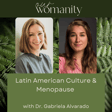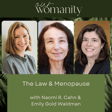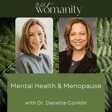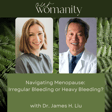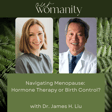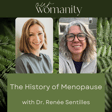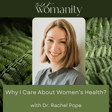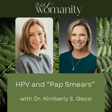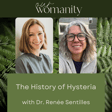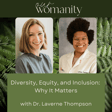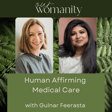
8. Preventive and Lifestyle Medicine for Women with Dr. Zenobia Tayeb
What is preventive medicine?
Join Dr. Rachel Pope in this enlightening episode of "Our Womanity" as she sits down with Dr. Zenobia Tayeb, an accomplished preventive and lifestyle medicine physician. Dr. Tayeb, a Cincinnati native, has an impressive academic and professional journey that spans biological sciences, science education, and extensive work in the pharmaceutical and biotech industries.
With a passion for humanitarian work, Dr. Tayeb's medical missions to aid Syrian refugees sparked her desire to pursue a career in medicine. Currently, Dr. Tayeb is in her third and final year of training in Public Health and Preventive Medicine at Case Western Reserve University School of Medicine, where she also serves as chief resident. She is simultaneously completing a second residency in Lifestyle Medicine and a master’s degree in public health, focusing on health promotion and disease prevention.
In this episode, Dr. Tayeb shares her insights on the importance of preventive and lifestyle medicine, particularly for women. She discusses:
Featured in this episode:
- Pillars of Preventative Health
- Unique approach to healthcare that emphasizes disease prevention
- Healthy living as the foundations for long-term wellness
- Vitamin D, Calcium and Magnesium supplements for optimal health
- Necessary Screenings
Types of Magnesium and Magnesium Fact Sheet for Health Professionals.
Submit your questions on anything and everything women's health-related and we will answer them in one of our episodes.
Want more from Our Womanity?
If you enjoyed this episode of Womanity, please subscribe, rate, and leave a review. Your feedback helps us continue to bring you engaging and empowering content.
Follow us on social media:
- Instagram: @drrpope
- TikTok: @vulvadoctor
- Twitter: @drrpope
